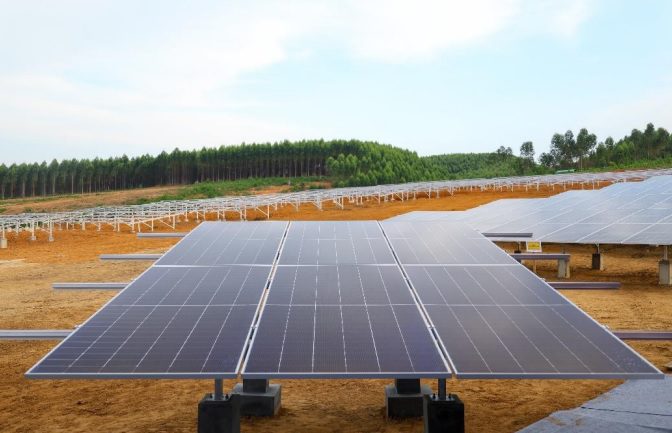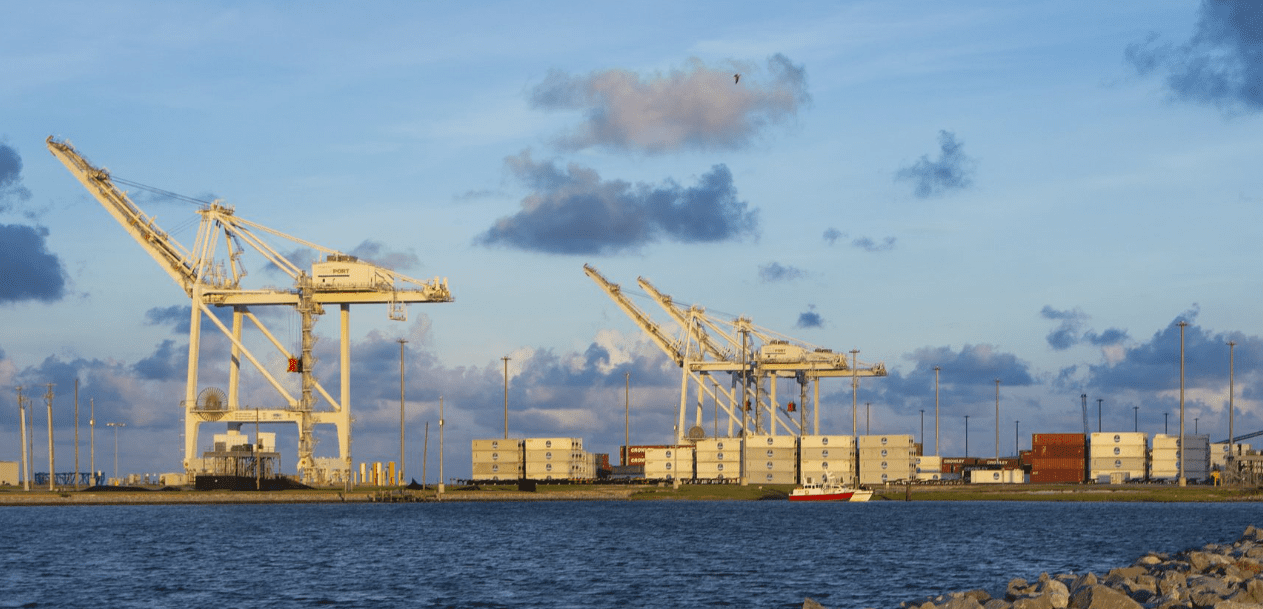
(Photo: Nusantara city Gov., Wikimedia Commons)
- Environmentalism is a privilege only a select few humans throughout history have been able to indulge in, writes Ethan Watson.
One of the reasons President Trump’s Big Beautiful Bill has drawn fire in recent days is the blow it deals to green energy. Climate-anxious Gen Zers may clutch their pearls at the expanded oil and gas sales on federal lands, or the elimination of the methane emissions fees, especially since over 40% of Gen Z supports completely phasing out fossil fuels. But the well-meaning environmentalists of my generation should acknowledge the most important asset our society has in fighting pollution – wealth. For now, environmental policy should unleash fossil fuels and keep energy cheap to preserve this asset.
Environmentalism is a privilege only a select few humans throughout history have been able to indulge in. Most humans cared about the environment only in the narrowest sense: Will the land be able to feed me next year? Will it support my family this harvest?
That’s why you never hear about a climate protest in Sub-Saharan Africa, where biomass fuels like wood and animal dung are still important sources of energy. Some of the world’s most polluted cities lie along the Indus Valley in India and Pakistan, two economies that are still very much industrializing. When was the last time Greta Thunberg and her ilk tried to cram down a Green New Deal on Pakistan?
Human material wealth increased dramatically with the ability of societies to produce cheap energy. Developed countries can’t pull the ladder up behind them and discourage using the very resources that made them prosperous in the first place.
Climate change activists largely put pressure on highly-developed, extremely affluent Western countries because we can afford it. Via fossil fuels, we have such a high baseline level of prosperity that we can invest in cleaner energy solutions. We can take risks, and spend years and billions of dollars conducting research. That’s why American and European countries have pioneered electric vehicles, solar energy, and other technologies.
All of the modern comforts that we take for granted in the West are rooted in accessible energy. Most of us have cell phones and computers. We live in climate-controlled buildings, drive cars, and have access to the entirety of mankind’s knowledge via the Internet. All of this requires energy.
Even the “poorest” in the United States and Europe reap the benefits of cheap energy. The street lights stay on and social welfare programs are funded by taxes levied on the prosperous. Very few people are living truly subsistence-focused lives. We can afford to think about the distant future, because our immediate future is so secure. But all of this ceases as soon as the lights don’t turn on (like they’ve stopped doing in Spain and South Africa).
Our prosperity has allowed us to develop remarkable technologies, but people’s appetite for climate talk will dissipate quickly once they start struggling to pay their bills. A 2022 study from the Journal of Cleaner Production shows that a middle class struggling to pay its bills engages in more pollutive activities with a larger ecological footprint. Liberal environmental policies squeeze this very subset of the population.
Today, Americans largely accept the inconveniences of fluorescent light bulbs, paper straws, and other boondoggles because our lives are so decadent anyways. But blue states are pushing the envelope. California, notorious for its renewable energy mandates, has burdened its residents with electricity 80% more expensive than the national average, hitting middle and lower income residents the hardest. New York, famous for its RetrofitNY initiative, sees electricity costs more than 50% higher than the national average.
These represent just the direct costs of energy. When one considers energy as an input for most goods and services we use every day, it’s easy to see how these costs stack up. Placing this financial strain on everyday Americans could shift their focus from long-term concerns like climate change to immediate survival. The fledgling Gen Z, on the cusp of starting families and careers, will have to choose between climate sensitivity and prosperity.
Privileged Westerners who have never known anything approaching a struggle to survive should be cautious to abandon the vehicle of our prosperity. Eventually, we will need cleaner energy. Nobody is happy to see factories belching out smog, or giant oil spills destroying marine ecosystems. But the solution isn’t to stymie development or impose ascetic restrictions on energy. We need to unburden the industry so that market solutions can become more efficient and more accessible.
Above all else, we need to keep people interested in saving the environment, and that can only happen if they’re secure in the comfortable lives they lead. Gen Z voters should support environmental policy that follows the Big Beautiful Bill’s example and lets humans use the environment, so that one day we may actually save it.








